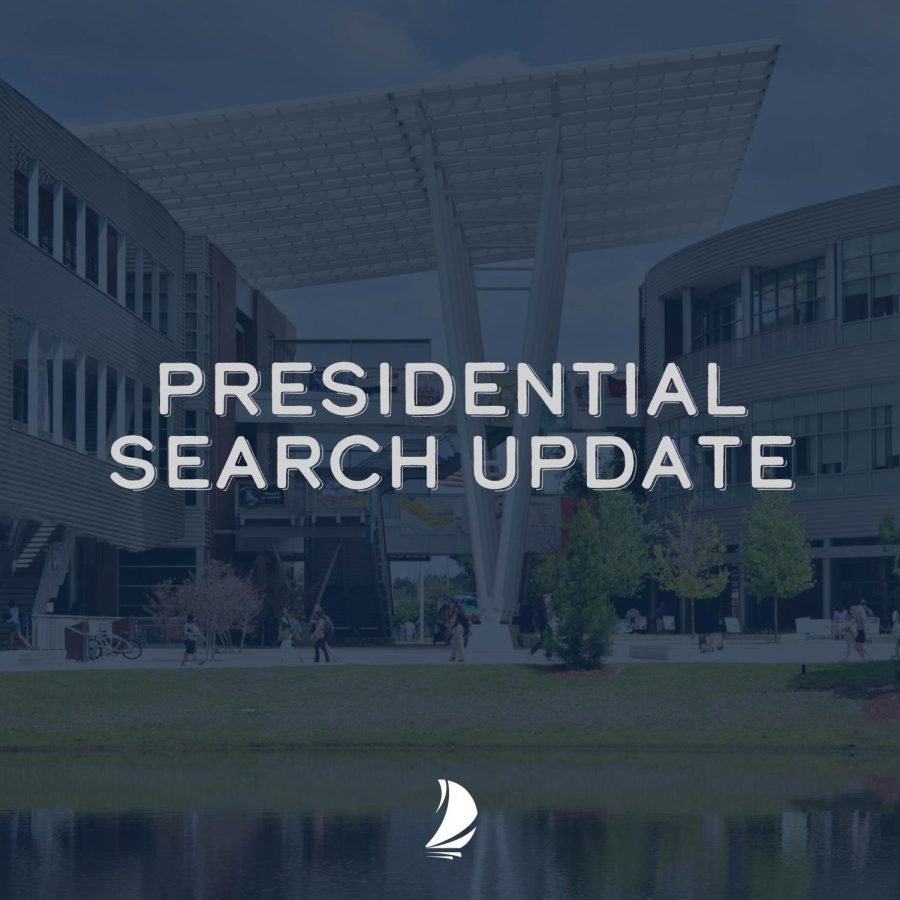We’ve all see those commercials advertising so-called “free credit reports and scores.” Most of those ads are deceptive since you must sign up for a service in order to receive “free” information about your credit. It has become very important for people to know what is on their credit report and know their score. Students and young professionals are most at risk to poor credit.
Why is it important to know your credit?
Employers commonly check your credit report and score if you are interviewing for a job to see how diligent you are with your personal finances. Insurance companies look at it to determine what rates to charge you. Obviously, banks will look at it if you are applying to borrow money. Websites like freecreditreport.com or freescore.com advertise free credit monitoring, but the only place to get real free credit reports is from annualcreditreport.com.
There, you can view each of your credit reports once per year for free from each of the three bureaus: Equifax, Transunion and Experian. The best way to view each report is to check one bureau every four months. This way, you can keep a check on your report three times per year for free.
What about knowing your score?
Annualcreditreport.com offers free credit reports, but to view your scores, you have to go somewhere else. Two websites (creditkarma.com and quizzle.com) allow you to view your score from one of the three bureaus.
These scores are the actual scores from the bureaus but not your official FICO score. Your FICO score, as the Fair Isaac Company determines, is a number calculated based on the credit reports the three bureaus provide. Though you will not see your actual FICO score, you get more than a simple estimate which you can find on bankrate.com.
You can see your Transunion score on creditkarma.com and your Experian score on quizzle.com. Credit.com also has tools and data which you might want to check out. It does not hurt your score to view the information, nor does it hurt your score to view your reports on annualcreditreport.com.
You can see your free Transunion score daily on CreditKarma and your Experian score every six months on Quizzle. You can also view interesting data about your credit report on these sites. Your credit report details plenty of valuable information of which you should be aware. It will give you a breakdown of the five key elements that make up your FICO score: payment history, which makes up 35 percent of your score; debt-to-credit-ratio, 30 percent; age of accounts, 15 percent; types of credit, 10 percent; inquiries, 10 percent.
As you can see, paying on time is the most important factor in determining your FICO score, as you might expect. If you are late, but within 30 days, this will not hurt your score, but you will pay late fees to the credit card company. Other variables are critical, such as the amount of your available credit being used. It is important not to go much above 30 percent of your debt/credit ratio to achieve the best score.
The longer your credit history, the better your score.
This is one of the factors that is difficult for college students to get past as we do not have established credit histories. Accounts more than seven years old really help your score. Rarely should you close a credit card account. Closing the account not only hurts your age of accounts metric but also your debt/credit ratio. Closing an account will almost always lower your score. Account mix and inquiries make up minor parts of your credit score tabulation.
If you have only credit cards as types of credit, you will likely not have an optimal mix as someone who also has other forms of credit. As for inquiries, it is important that you keep the number of times you apply for credit to a minimum. The more you go around asking people to lend you money, the more of a risk you appear to be.
Join us at the UNF Finance and Investment Society this coming academic year as we host professional speakers to discuss current issues and advice for students entering the job market. E-mail [email protected] with questions and concerns regarding FIS.


























